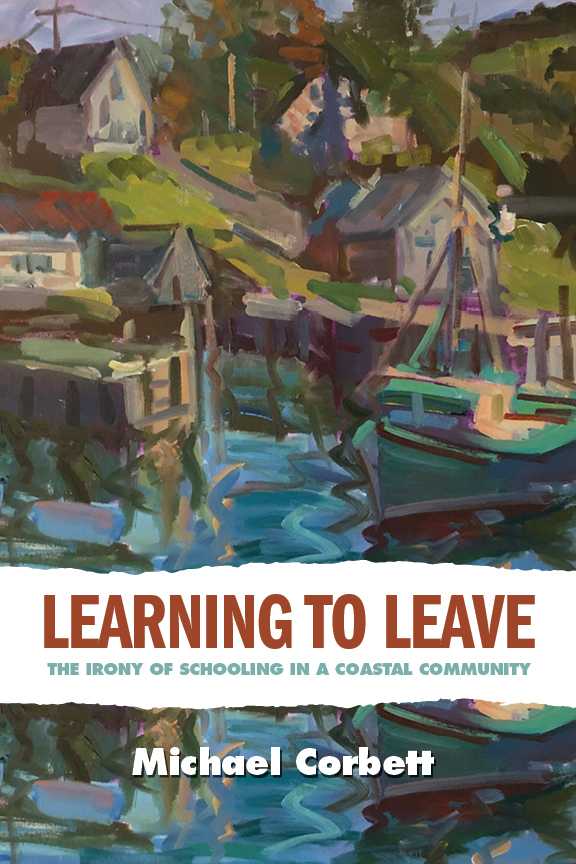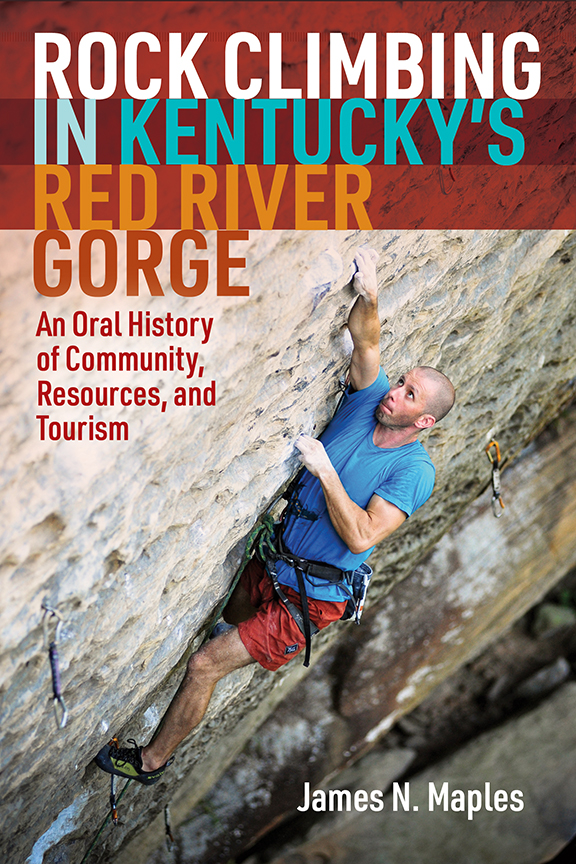Learning to Leave
The Irony of Schooling in a Coastal Community
Summary
Published with a new preface, this innovative case study from Nova Scotia analyzes the relationship between rural communities and contemporary education. Rather than supporting place-sensitive curricula and establishing networks within community populations, the rural school has too often stood apart from local life, with the generally unintended consequence that many educationally successful rural youth come to see their communities and lifestyles as places to be left behind. They face what Michael Corbett calls a mobility imperative, which, he shows, has been central to contemporary schooling. Learning to Leave argues that if education is to be democratic and serve the purpose of economic, social, and cultural development, then it must adapt and respond to the specificity of its locale, the knowledge practices of the people, and the needs of those who struggle to remain in challenged rural places.
Author
Michael Corbett teaches at Acadia University in Nova Scotia and has studied youth educational decision-making, mobilities and education, the politics of educational assessment, literacies in rural contexts, improvisation and the arts in education, conceptions of space and place, the viability of small rural schools, and wicked policy problems and controversies in education.
Contents
Preface to the 2020 Edition
Foreword
Acknowledgment
Chapter 1
Introduction
Migration and Regional Dependency: The Brain Drain
The Migration Imperative in Rural Education
Challenges to the Migration Imperative in Rural Schooling
Why Would Young People Stay?
Schooling and Migration in Atlantic Canada
Notes
Chapter 2
Reconceptualizing Resistance
Habitus, Discourse and Place
Resistance Theory in the Sociology of Education
Bourdieu’s Logic of Practice
Poststructural Resistance Theory
Resistance and Community
Rural Identity Politics
The Organized Rural Community as a Resistant Site
Conclusion: To Choose and to Move
Notes
Chapter 3
Who Stays, Who Goes and Where
Education and Migration on Digby Neck, 1963–1998
The Economy
Education Levels
Mobility
The Education/Mobility Connection
Summary
Notes
Chapter 4
Parallel Education Systems
The Classes of 1963–1974
Family and Work: An Education for Staying
The Hand on the Shoulder: Socialization for Leaving
Formal Education: Streaming for Leaving
in the 1960s and early 1970s
Learning to Do: The Construction of Intelligence
and Identity in a Coastal Community
They Wanted Me to Go to School: Schooling, Identity and Family
Leaving Home: Education and Occupational Pioneering
I Didn’t Want to End Up
Resisting Displacement
Conclusion
Notes
Chapter 5
The Boom Years
The Classes of 1975–1986
Gender, Work and Schooling
Defining Security: Education, Identity and Work
Family/Class
The Mobile Family
Becoming a Stranger
Conclusion
Notes
Chapter 6
Surviving the Crisis
The Classes of 1987–1998
What Is There For the Young Ones?
Quitting in the 1990s: Finding Something to
Do When There’s Nothing to Do
The New Reserve Army of Labour
Getting Out: Class, Gender and Education
Survival and Family
Back to the Future: Surviving in the New Economy
Resistance
Conclusion: The Mobile Discourse of Schooling
Notes
Chapter 7
Conclusion
Place Matters
Migration, Education and Ambivalence: Mobility Capital
Ambiguity, Mobility and Resistance
Resistances
Rural Schooling and Community
Notes
References
Index
Reviews
“A major research contribution—one that will join a relatively short list of first-rate books aimed at helping the education research community, as well as the general public, understand the convoluted phenomenon known as rural education.”
Journal of Research in Rural Education
“An engrossing, theoretically sophisticated, and important piece of community sociology.”
Rural Sociology














